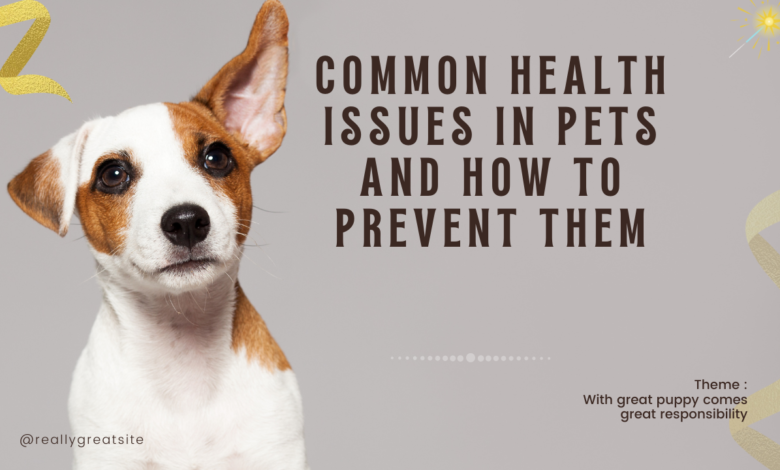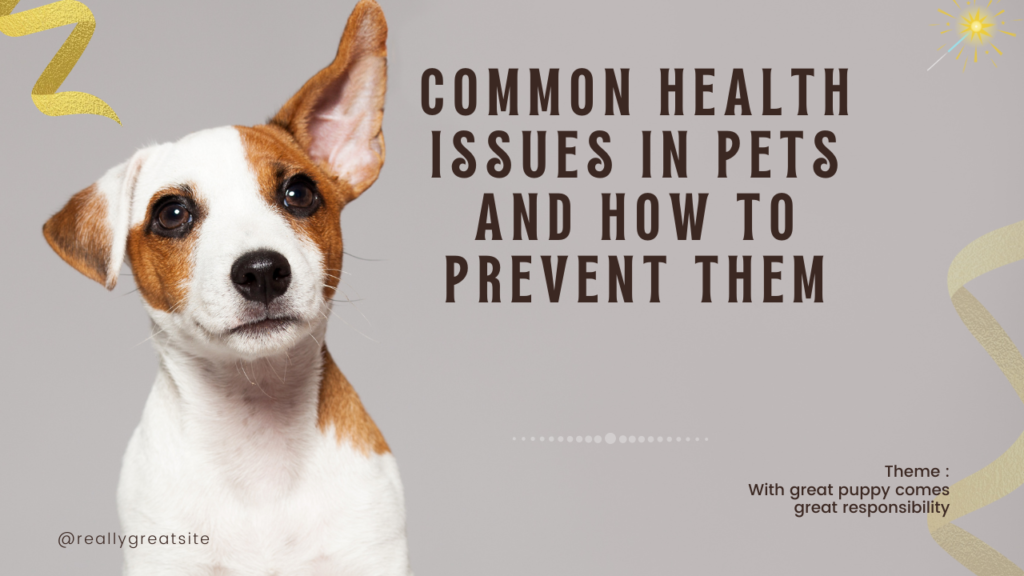
Pets bring more than just companionship and joy to our lives; they also offer numerous mental health benefits. From reducing stress and anxiety to providing emotional support and enhancing social interactions, pets can play a significant role in improving our mental well-being.

This article explores the various ways in which pet ownership can positively impact mental health, supported by research and real-life examples.
Reducing Stress and Anxiety
- Calming Presence:
- The presence of a pet can have a calming effect, helping to reduce stress and anxiety levels. The simple act of petting a dog or cat has been shown to release oxytocin, a hormone associated with feelings of relaxation and bonding.
- Routine and Structure:
- Pets provide a sense of routine and structure, which can be particularly beneficial for individuals dealing with anxiety. Knowing that a pet relies on them for feeding, exercise, and care can help establish a daily routine and provide a sense of purpose.
- Physical Contact:
- Physical contact with pets, such as cuddling or petting, can trigger the release of endorphins, natural mood lifters. This contact can help reduce feelings of anxiety and promote a sense of well-being.
Combating Loneliness and Depression
- Companionship:
- Pets offer unwavering companionship, which can be especially valuable for individuals experiencing loneliness or depression. The constant presence of a pet can provide comfort and reduce feelings of isolation.
- Unconditional Love:
- Pets provide unconditional love and acceptance, which can be incredibly reassuring for individuals struggling with low self-esteem or feelings of worthlessness. The bond between a pet and their owner can help improve self-worth and emotional stability.
- Encouraging Social Interaction:
- Pet ownership often leads to increased social interactions. Dog owners, for instance, frequently meet other pet owners during walks, at dog parks, or through pet-related activities. These interactions can help build social connections and combat feelings of loneliness.
Boosting Physical Health
- Regular Exercise:
- Pets, particularly dogs, require regular exercise, which encourages their owners to stay active. Physical activity is known to have a positive impact on mental health by reducing symptoms of depression and anxiety and improving overall mood.
- Outdoor Time:
- Spending time outdoors with pets can also enhance mental well-being. Exposure to natural light and fresh air has been linked to improved mood and reduced stress levels.
- Mindfulness and Present-Moment Awareness:
- Engaging with pets can promote mindfulness and present-moment awareness. Playing with a pet or observing their behavior can draw attention away from worries and negative thoughts, fostering a more positive and mindful state of mind.
Providing Emotional Support
- Emotional Stability:
- Pets can provide emotional stability during challenging times. Their consistent presence and non-judgmental nature offer a source of comfort and support, helping individuals navigate difficult emotions and situations.
- Therapeutic Benefits:
- Many therapy animals are specifically trained to provide emotional support to individuals with mental health conditions. These animals can help reduce symptoms of PTSD, depression, and anxiety by offering companionship and a sense of security.
- Improved Mood and Outlook:
- Interacting with pets has been shown to improve overall mood and outlook on life. The joy and laughter pets bring can counteract negative emotions and contribute to a more positive mental state.
Enhancing Coping Mechanisms
- Distraction and Diversion:
- Pets can serve as a healthy distraction from negative thoughts and stressors. Engaging in activities such as playing, grooming, or training a pet can divert attention away from worries and provide a constructive outlet for emotions.
- Sense of Responsibility:
- Caring for a pet instills a sense of responsibility and purpose. This responsibility can enhance self-esteem and provide a meaningful focus, particularly for individuals struggling with feelings of aimlessness or despair.
- Positive Behavioral Reinforcement:
- Training and caring for a pet can reinforce positive behaviors and habits in pet owners. For example, adhering to a pet’s feeding schedule can encourage regular meal times, and providing exercise for a pet can promote a more active lifestyle.
Supporting Recovery and Rehabilitation
- Pet-Assisted Therapy:
- Pet-assisted therapy, also known as animal-assisted therapy, is increasingly being used to support mental health recovery. Trained therapy animals visit hospitals, nursing homes, and mental health facilities to provide comfort and companionship to patients.
- Recovery from Trauma:
- For individuals recovering from trauma, pets can offer a sense of safety and grounding. The non-judgmental and loyal nature of pets can help individuals rebuild trust and recover from emotional wounds.
- Substance Abuse Rehabilitation:
- Pets can play a supportive role in substance abuse rehabilitation. The responsibility of caring for a pet can provide a sense of purpose and routine, helping individuals stay focused on their recovery goals.
Research and Evidence
- Studies and Findings:
- Numerous studies have documented the mental health benefits of pet ownership. For example, a study published in the journal “BMC Psychiatry” found that pet ownership was associated with reduced symptoms of depression and anxiety in people with severe mental health conditions.
- Personal Testimonials:
- Personal stories and testimonials from pet owners often highlight the profound impact pets have on mental health. Many individuals credit their pets with helping them through difficult times and improving their overall quality of life.
- Therapy Animal Programs:
- Programs that utilize therapy animals, such as those in schools, hospitals, and veterans’ organizations, provide compelling evidence of the positive effects pets can have on mental health. These programs demonstrate the therapeutic value of animals in various settings.
Conclusion
The mental health benefits of pet ownership are vast and well-documented. From reducing stress and anxiety to providing companionship and emotional support, pets can significantly enhance our mental well-being. Whether you have a dog, cat, bird, or small animal, the bond you share with your pet can bring immense joy and comfort to your life. As research continues to explore the therapeutic potential of pets, it is clear that our furry, feathered, and scaly friends play a vital role in supporting our mental health.





